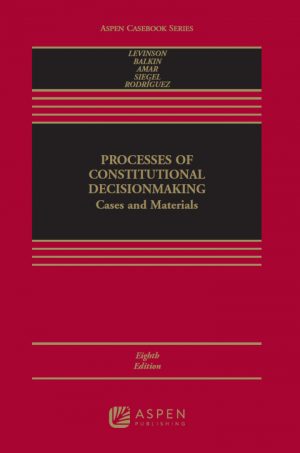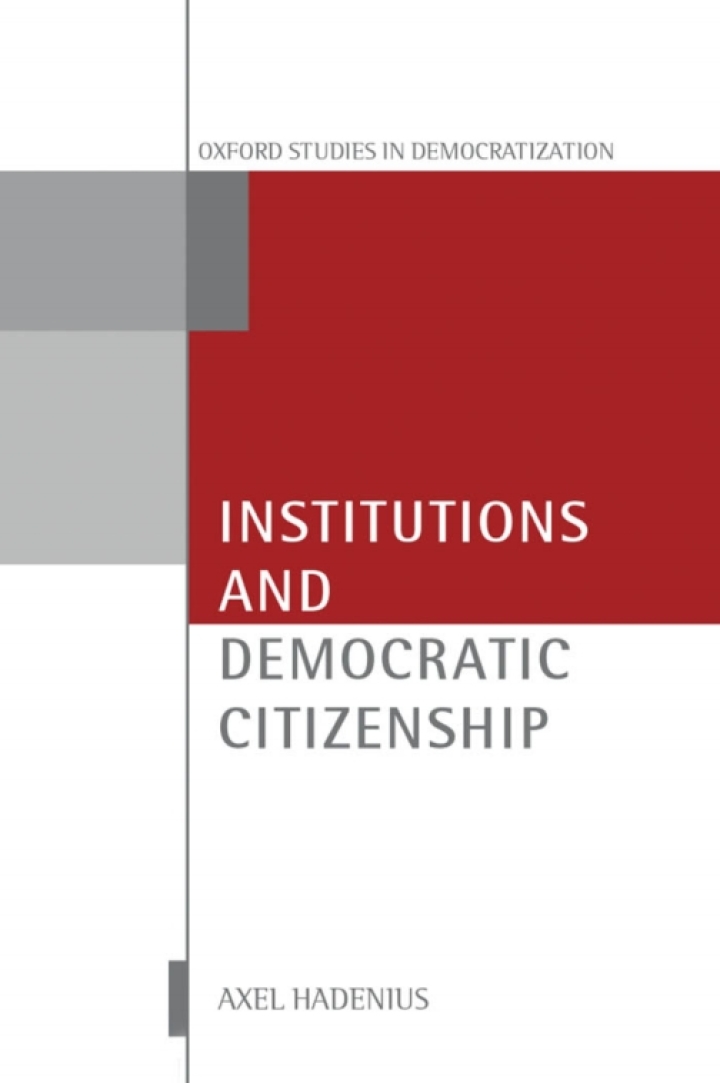Institutions and Democratic Citizenship
$12.68
Attention: This is just ebook, Access Codes or any other Supplements excluded! / File Delivery: Sent Via Email within 24 hours!
SKU: a6dc8848a04b
Category: Law Textbooks
Description
-
Author(s)Axel Hadenius
-
PublisherOUP Oxford
-
FormatPDF
-
Print ISBN
9780199244294, 0199244294 -
eText ISBN
9780199244294, 0199244294 -
Edition
-
Copyright
- Details
This volume examines the nature and role of democratic citizenship, the conditions necessary for its development, and its relationship to the key institutions of the state. Comparing and contrasting the patterns of political development and practice in established democracies with tthose states that have experience democratice breakdown, the author aims to contribute to our understanding of the political conditions that sustain liberal democracy. This book contains two parts, which have a broad theme in common. The aim in Part One is to contribute to the debate on democracy’s preconditions. Drawing on a broad range of theories, the author specifies certain societal and institutional traits which can serve to further democracy. Democratic development in Africa, Latin America and India then is compared. The conclusion is that democracy is not the product of social and economic forces first of all. To a yet greater extent it is the consequence of prevailing institutional conditions, i.e. the nature of the state. The historical development of state structures is the object of analysis in Part Two. The focus is mainly on Europe. The prospects for democracy in modern times have been greatly affected, the author maintain, by varying paths of institutional development. Moreover, the differing modes of state have displayed a variable capacity for governance and economic development. The evolution of state structures thus has consequences across broad areas of political and social life.
Related products
-

Community Property in California 8th Edition
Rated 0 out of 5$75.90 Add to cart -

Processes of Constitutional Decisionmaking 8th Edition Cases and Materials
Rated 0 out of 5$89.90 Add to cart -

Wills, Trusts, and Estates 11th Edition (Aspen Casebook)
Rated 0 out of 5$75.90 Add to cart -

American Constitutional Law 7th Edition Powers and Liberties
Rated 0 out of 5$75.90 Add to cart

